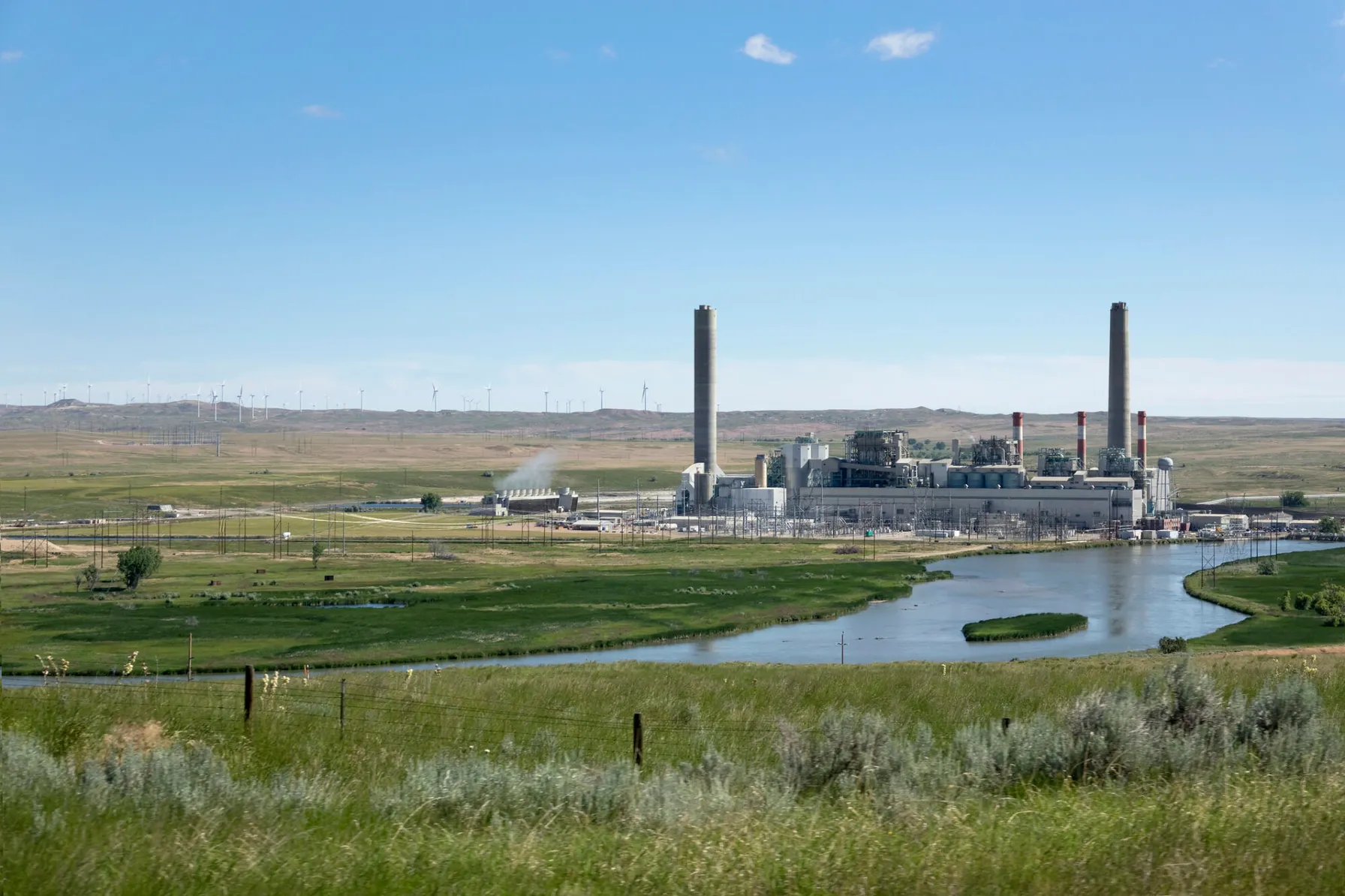In many ways, process safety management is a flexible set of standards that employers and project managers can tailor to their specific processes. However, there are 14 key features every organization is required to address within them:
- Training
- Employee participation
- Contractors
- Operating procedures
- Hot Work permits
- Compliance audits
- Incident investigations
- Process Hazard Analysis (PHA)
- Process Safety Information (PSI)
- Pre-startup Safety Review (PSSR)
- Management of Change (MOC)
- Mechanical Integrity (MI)
- Emergency planning and response
- Trade secrets
In most cases, these base categories are enough to establish a thorough response to any issues a project site faces.

















